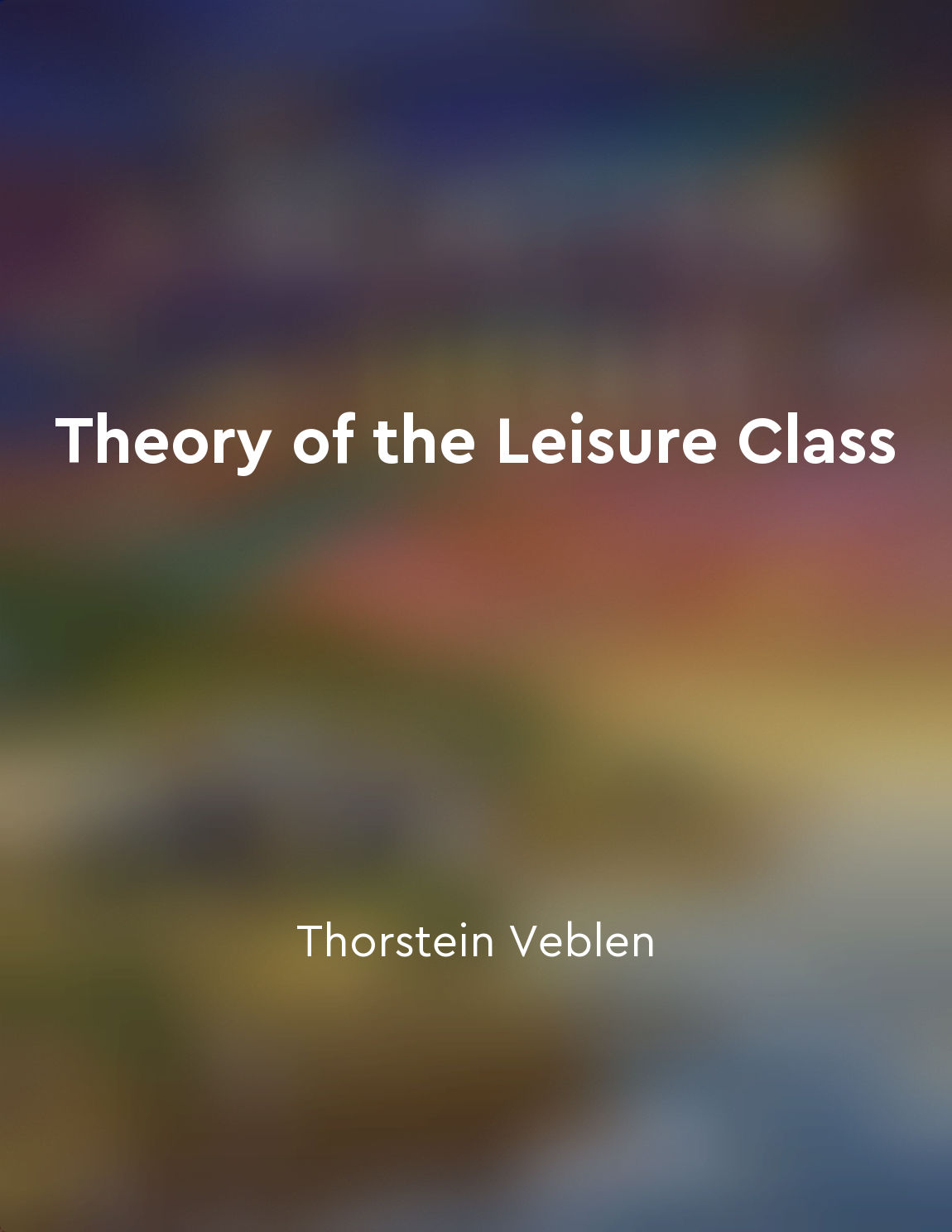Economic growth was fueled by production and consumption from "summary" of The affluent society by J.K. Galbraith
In the grand scheme of economic affairs, the prevailing wisdom has long held that production and consumption are the twin engines driving growth and prosperity. It is a simple and intuitive concept that has been deeply ingrained in the collective consciousness of economists and policymakers alike. The idea is straightforward: when producers manufacture goods and services, they create value and generate income. This income, in turn, flows back into the economy as consumers purchase these goods and services, thus fueling further production and perpetuating a self-sustaining cycle of economic activity. This paradigm has guided economic theory and practice for centuries, shaping the way we understand and approach the complex interplay of markets, businesses, and consumers. The logic seems sound and irrefutable: as long as production keeps pace with demand, the economy will continue to grow and flourish. It is a seductively elegant narrative that offers a clear and reassuring roadmap for achieving prosperity and progress. However, upon closer inspection, this seemingly infallible logic begins to reveal cracks and fissures that challenge its very foundations. As the esteemed economist J. K. Galbraith provocatively argues in "The Affluent Society," the traditional emphasis on production and consumption as the primary drivers of economic growth may be missing the forest for the trees. Galbraith suggests that this narrow focus on material output fails to account for the broader social and cultural dimensions of economic activity. Indeed, as societies become more affluent and advanced, the nature of their needs and desires undergoes a profound transformation. The relentless pursuit of material goods and possessions, once seen as the ultimate measure of progress, begins to lose its luster in the face of more nuanced and complex aspirations. People yearn for not just more stuff, but also for intangible qualities such as meaning, purpose, and fulfillment. The traditional model of production and consumption, with its emphasis on quantity over quality, may no longer be sufficient to satisfy these evolving demands. Galbraith challenges us to rethink our assumptions about the nature of economic growth and prosperity. He suggests that true affluence lies not in the sheer volume of goods and services produced and consumed, but in the quality of life enjoyed by individuals and communities. This requires a shift in focus from mere material abundance to a more holistic conception of well-being that encompasses social, cultural, and environmental considerations.- Galbraith urges us to look beyond the narrow confines of production and consumption and embrace a more expansive vision of economic development that prioritizes human flourishing and sustainable progress.
Similar Posts

Technological Advancements heighten Conspicuous Consumption
Technological advancements play a crucial role in the perpetuation of the phenomenon of conspicuous consumption. As societies p...
The pursuit of fame and fortune is ultimately futile
The ceaseless pursuit of fame and fortune is a common folly among the majority of individuals. Many believe that attaining thes...
Cultural and artistic pursuits enhance happiness
The pursuit of cultural and artistic activities can significantly contribute to one's overall sense of happiness and well-being...
The Benefits of Letting Prices Fluctuate Naturally
When we interfere with the natural fluctuation of prices in the market, we disrupt the signals that guide producers and consume...


